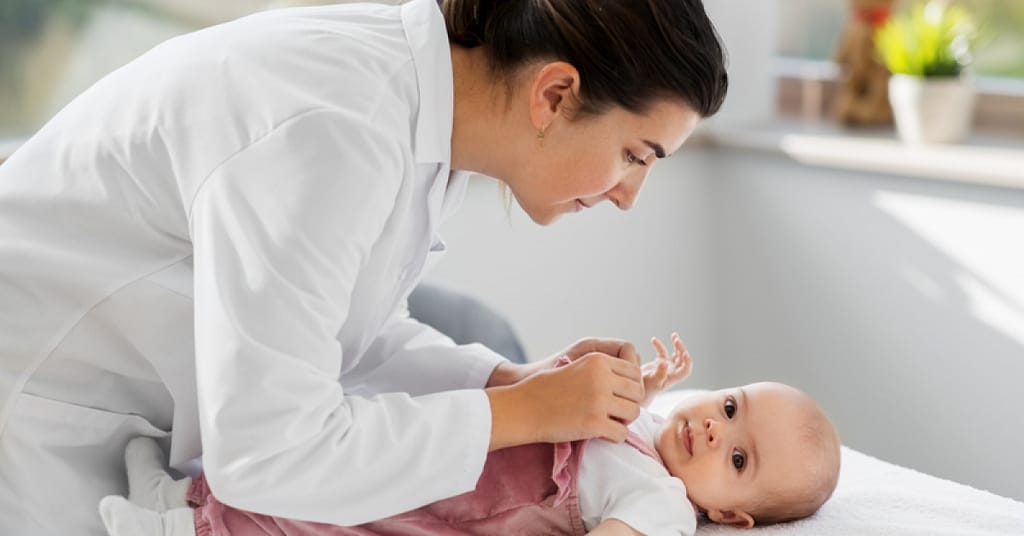(Carrick Pharmacy News) RSV season is around the corner. Here’s what you need to know to protect your children.
RSV — respiratory syncytial virus — is a common respiratory virus passed from person to person. It usually causes cold-like symptoms, such as runny nose, coughing/sneezing, fever and wheezing. Symptoms typically show up four to six days after contact with the virus.
RSV is common in young children. In fact, almost all children will have an RSV infection by their second birthday.
Treatment includes symptom management, such as acetaminophen (Tylenol) or ibuprofen (Motrin) for managing body aches and fever. These medications can be found over the counter.
Before you give any medication to your child, be sure to ask your doctor.
Symptoms are typically mild and usually last one to two weeks. In severe cases, however, hospitalization may be needed. (RSV can lead to serious conditions like pneumonia.)
If you or your child is having difficulty breathing, not drinking enough fluids or experiencing worsening symptoms, call your healthcare provider. Your provider will decide whether hospitalization is necessary.
Anyone can get another RSV infection but some people face a raised risk for severe RSV that requires admission to the hospital. Those at high risk include the following groups:
- Premature infants
- Infants (6 months and younger)
- Children who have certain neuromuscular disorders that affect their swallowing or their ability to clear mucus secretions
- Adults and children (younger than 2) with lung or heart disease
- Adults and children who have a weak immune system
- Older adults (those 65 years old and older)
To protect your children, you can do the following:
- Avoid being around sick people.
- Cover coughs and sneezes with a tissue instead of hands.
- Frequently wash hands with soap and water for 20 seconds.
- Avoid touching the face with unwashed hands.
- Disinfect surfaces around the house.
- If possible, limit the time your children spend in child-care centers or similar settings.
Currently, there are no RSV vaccines available.
There is a medication called Synagis (palivizumab) is approved to help prevent a serious lung disease caused by RSV. This medication may be prescribed if your child is at high risk for this disease.
This medication is not approved to prevent RSV infection. This medication is not approved to treat the symptoms of RSV once a child already has RSV.
Synagis is injected into the muscle before the RSV season starts and is administered every 28 to 30 days during the RSV season.
Speak with your health care provider if you have any questions.



